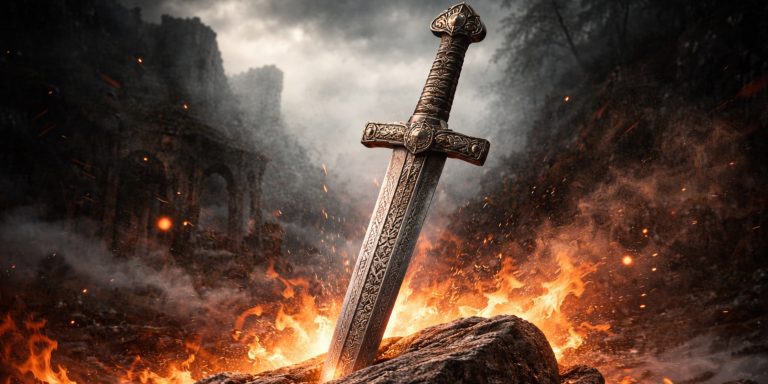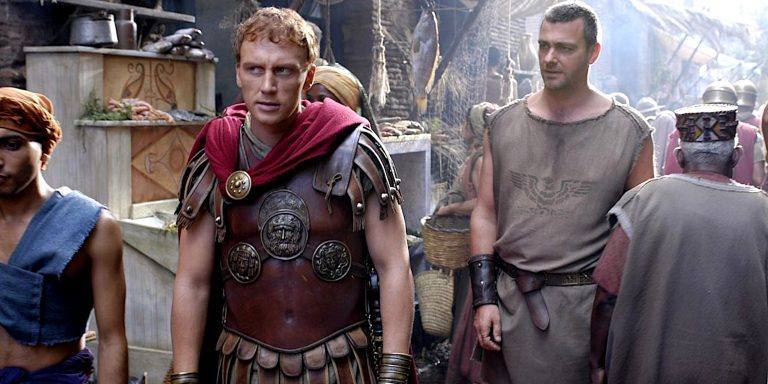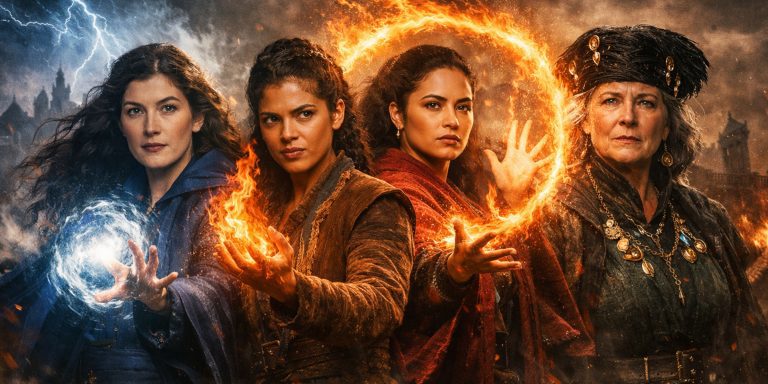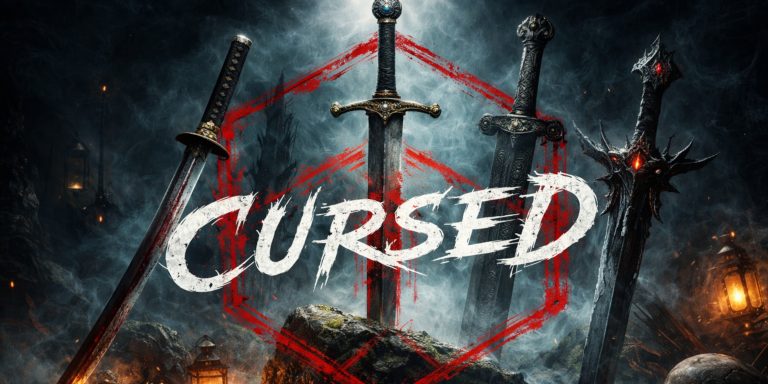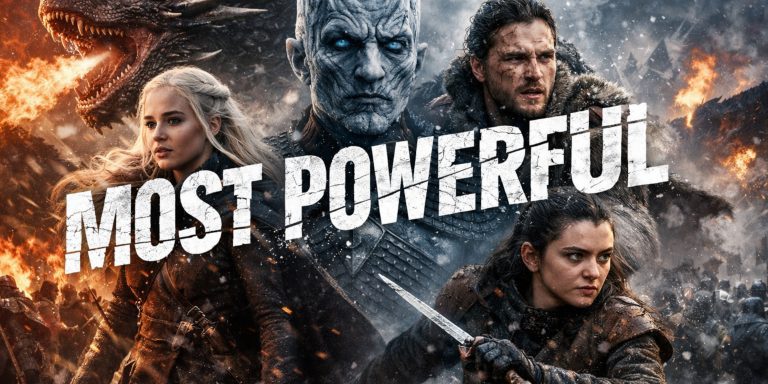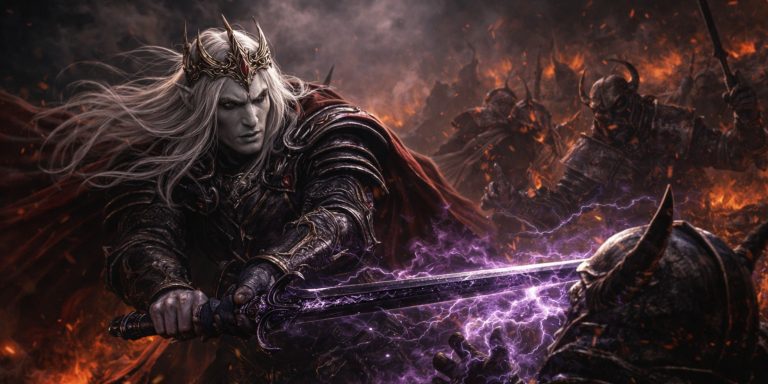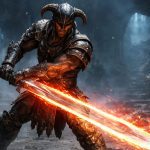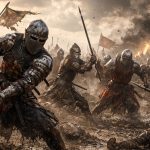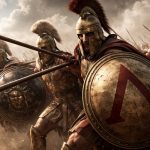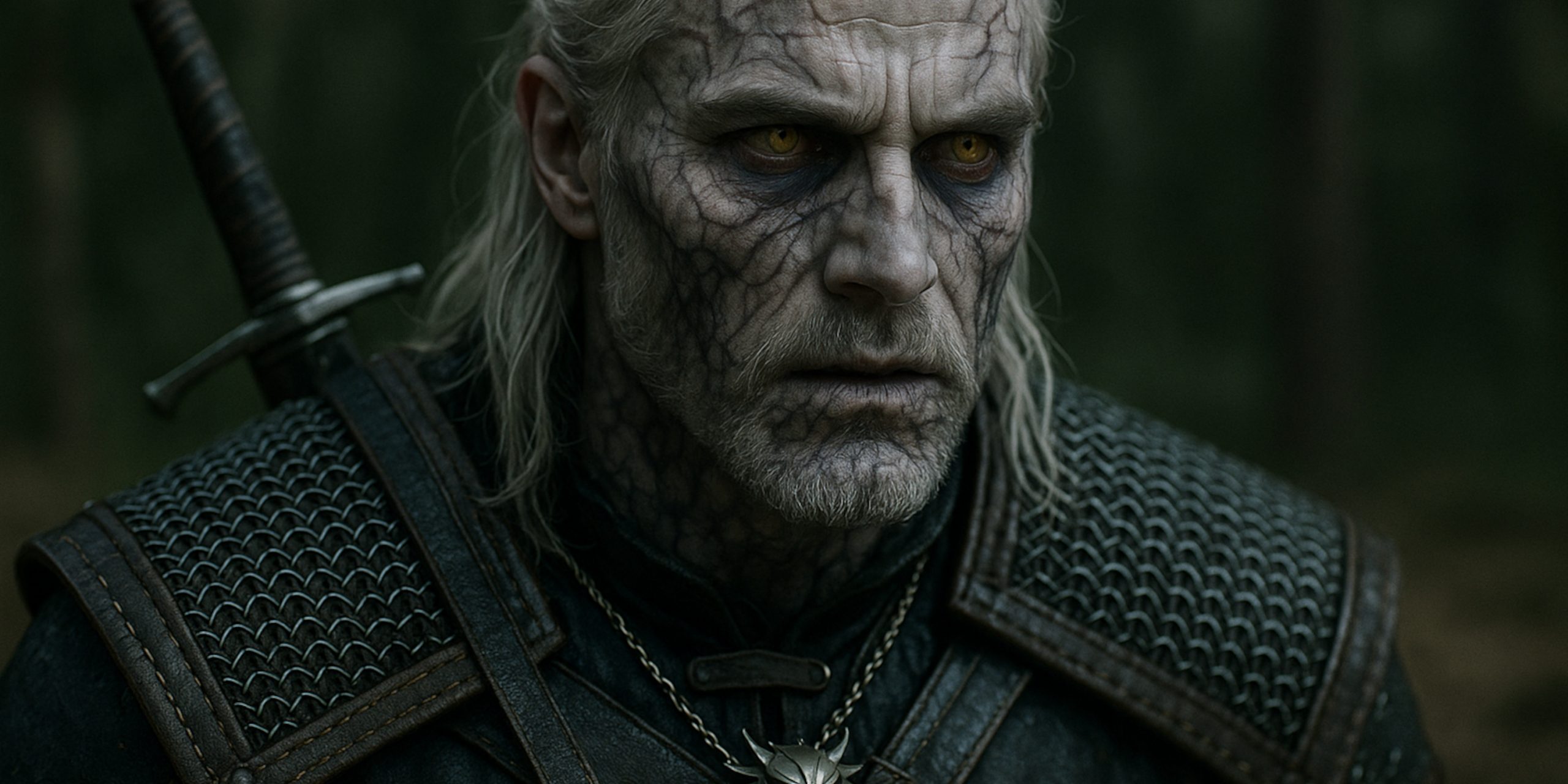
The story of Geralt of Rivia is a complex weave of destiny, personal choice, and political turmoil. Unlike many fantasy heroes, Geralt does not simply follow a linear path of rising power. His journey is shaped by fractured allegiances, moral ambiguity, and the burdens of the world around him. To understand what really happened to Geralt, it’s important to trace his arc across the original books by Andrzej Sapkowski, the CD Projekt Red video games, and the Netflix series, all of which take some liberties with the core narrative.
The Origins: Mutation and Purpose
Geralt was not born but made. Taken in as a child and subjected to the Trial of the Grasses at Kaer Morhen, he emerged as one of the most powerful Witchers of his time. With his white hair, enhanced senses, and honed combat skills, he roamed the Continent slaying monsters for coin. But Geralt never fully bought into the cold detachment expected of Witchers. He questioned the moral lines drawn by others and often found himself entangled in human affairs, where monsters were not always the creatures with fangs.
The Book Canon: Destiny and Disillusionment
The books follow Geralt as he stumbles into a bond with Ciri, the Lion Cub of Cintra, through the Law of Surprise. This accidental parenthood drags him into the heart of the Continent’s political conflicts, especially as Nilfgaard expands its reach. Geralt’s relationship with Ciri becomes the emotional core of the saga. Despite his attempts to remain neutral, his affection for Ciri and Yennefer forces him to take sides.
By the end of The Lady of the Lake, Geralt and Yennefer appear to die in a pogrom in Rivia while trying to defend non-humans. Ciri, now a powerful sorceress and capable swordswoman, uses her Elder Blood abilities to escape into another realm. Whether Geralt truly dies or is transported by magical means is deliberately left ambiguous by Sapkowski. It reflects the cyclical, uncertain nature of his fate.
The Games: Resurrection and Choice
CD Projekt Red’s Witcher games are often seen as a continuation of the books, though not officially canon. In The Witcher, Geralt is found with no memory of his past and gradually uncovers fragments of who he was. These games expand on the world, bringing back characters like Triss Merigold, Yennefer, and Ciri.
The Witcher 3: Wild Hunt delivers a powerful culmination of Geralt’s journey. Depending on the player’s choices, Geralt’s fate varies. In one possible ending, he retires with Yennefer or Triss. In another, he searches for Ciri only to possibly lose her to another dimension or see her become Empress of Nilfgaard. One version even ends with Geralt vanishing into a monster’s lair, implied to die off-screen. The games intentionally honour the idea that Geralt’s story is as much shaped by external forces as it is by personal decisions.
The Netflix Series: A New Adaptation
The Netflix show takes elements from both the books and games but reshapes them for its own pacing and audience. Henry Cavill’s portrayal of Geralt leans into his stoicism, dry humour, and sense of honour. The series begins with The Last Wish and Sword of Destiny stories before moving into the broader saga involving Ciri, Nilfgaard, and the political tensions between mages and monarchs.
While the series is still ongoing, it already introduces deviations in character dynamics, timelines, and motivations. Most notably, the depiction of the Conjunction of the Spheres, the origins of monsters, and the framing of Ciri’s power are given more emphasis. What remains intact is Geralt’s unwilling transformation into a father figure and his ongoing resistance to becoming a pawn in others’ schemes.
Seven Swords takeaway: A Man Pulled by Forces Greater Than Himself
Geralt’s story resists tidy resolutions. He is not a hero in the traditional sense. Whether in the books, games, or show, he is consistently at the mercy of politics, war, and prophecy. What really happens to him depends on the medium, but a few things are constant: he is shaped by love, burdened by neutrality, and defined not by grand victories, but by the people he chooses to protect.
Geralt of Rivia may never have full control of his fate, but his enduring appeal lies in how he faces each twist of destiny with weary resolve and a sharp sword.

